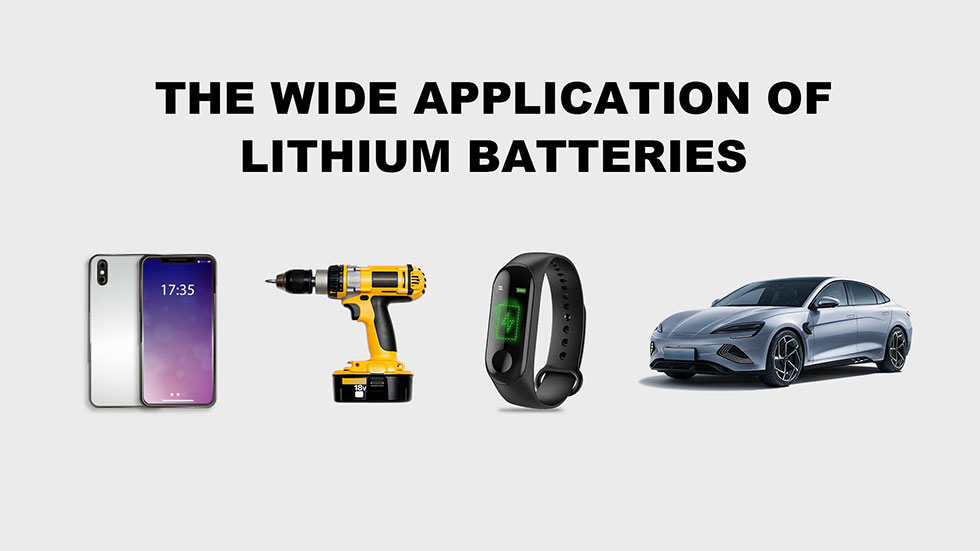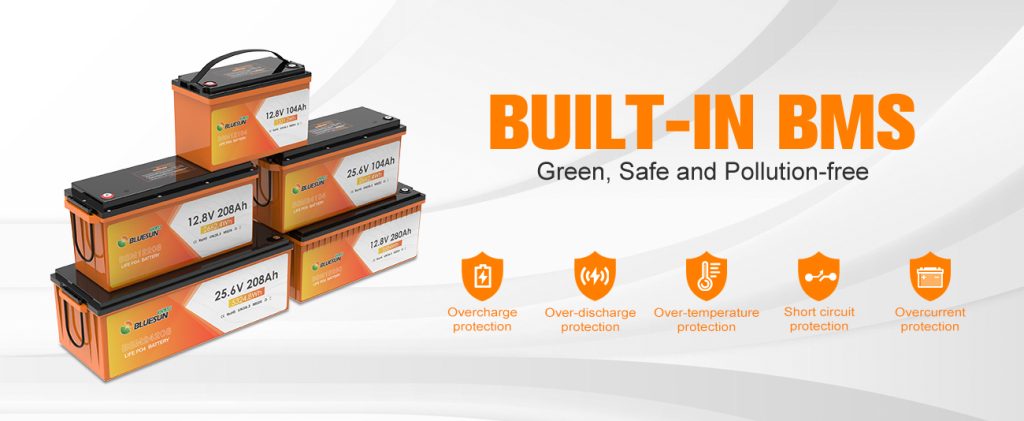
Lithium batteries power countless modern devices, from smartphones and laptops to electric vehicles (EVs) and solar energy storage systems. However, different types of lithium batteries vary greatly in performance, safety, size, and cost.
This guide introduces the most common lithium battery chemistries, their features, and best use cases.

Lithium batteries can be categorized by:
Form Factor (Shape & Size) – Cylindrical (e.g., 18650, 21700, 4680), prismatic, or pouch cells.
Cathode Material – Determines energy density, lifespan, and safety.
Electrolyte Type – Liquid, solid-state, or polymer.
Example: A smartphone typically uses a pouch-type lithium cobalt oxide (LCO) battery, while EVs often use NCM or LFP batteries.
Use: Smartphones, laptops, tablets
Pros: High energy density, stable voltage
Cons: Expensive, lower safety
Use: Electric vehicles, tools, electronics
Pros: Balanced performance between energy, safety, and lifespan
Cons: Higher production complexity and cost
Use: EVs, solar storage, outdoor power supplies
Pros: Excellent safety, long cycle life (2000+ cycles), stable at high temperatures
Cons: Lower energy density, poor performance in cold weather
Use: Power tools, budget EVs, power banks
Pros: Low cost, good safety
Cons: Shorter lifespan (typically <1000 cycles)
| Type | Applications | Energy Density | Safety | Cycle Life | Cost |
|---|---|---|---|---|---|
| LCO | Smartphones, laptops | High | Low | Medium | High |
| NCM | EVs, tools, electronics | Medium–High | Medium | High | Medium |
| LFP | EVs, solar storage | Medium | Very High | Very High | Low |
| LMO | Tools, budget EVs | Low | High | Low | Low |
Energy density – Important for portable devices and EVs.
Safety – Critical for medical devices, EVs, and storage systems.
Cost – Key for mass-market electronics and large-scale storage.
Certifications – Look for UN38.3, IEC 62133, and UL 1642 compliance for global shipping and safety.

Choosing the right battery ensures performance, safety, and cost-effectiveness.
Bluesun provides custom lithium battery solutions for electric vehicles, solar energy storage, and industrial applications.
Our expert team can help you design and source the ideal battery for your needs.
Contact Bluesun today to discuss your project and find the perfect solution.